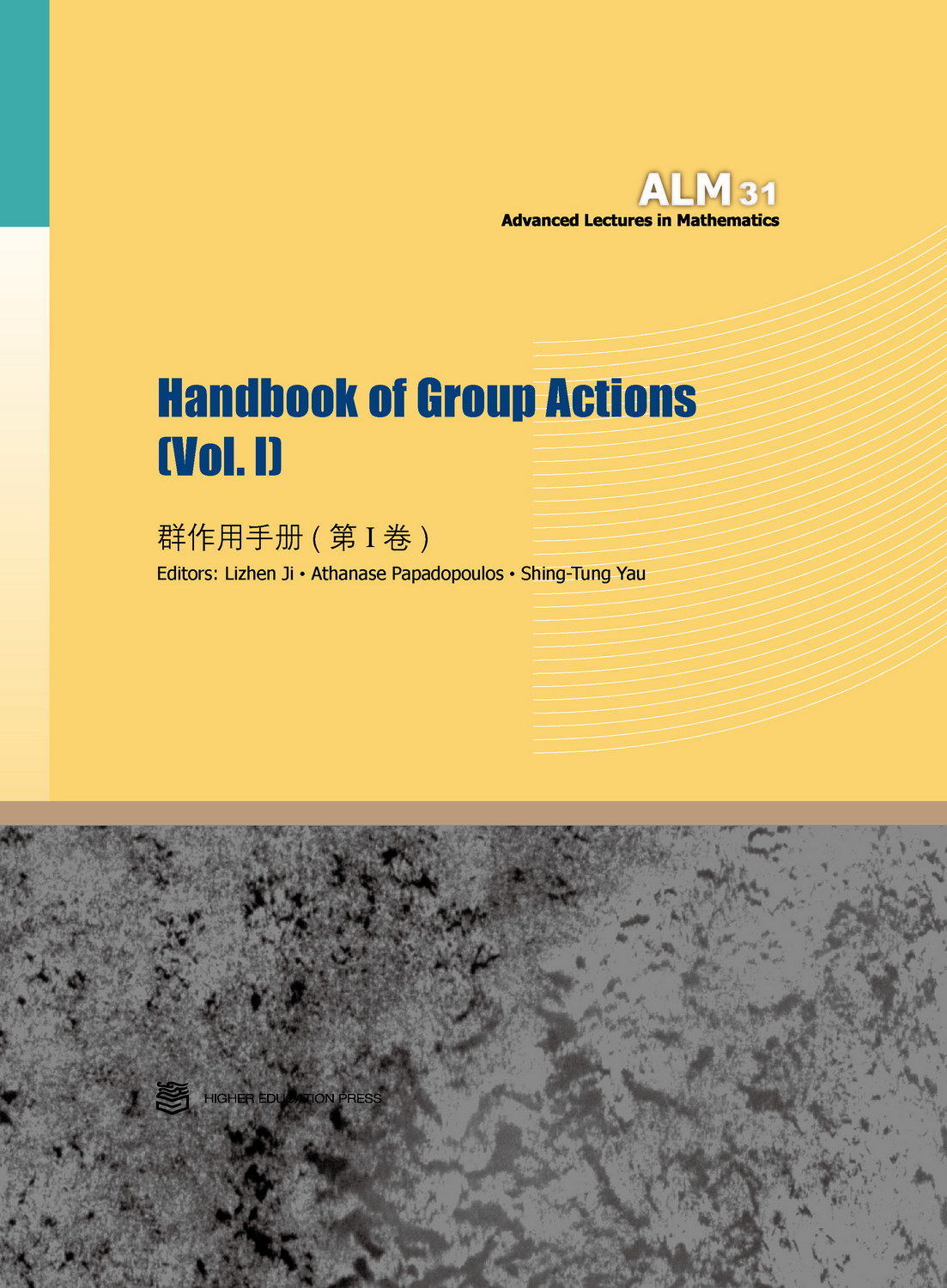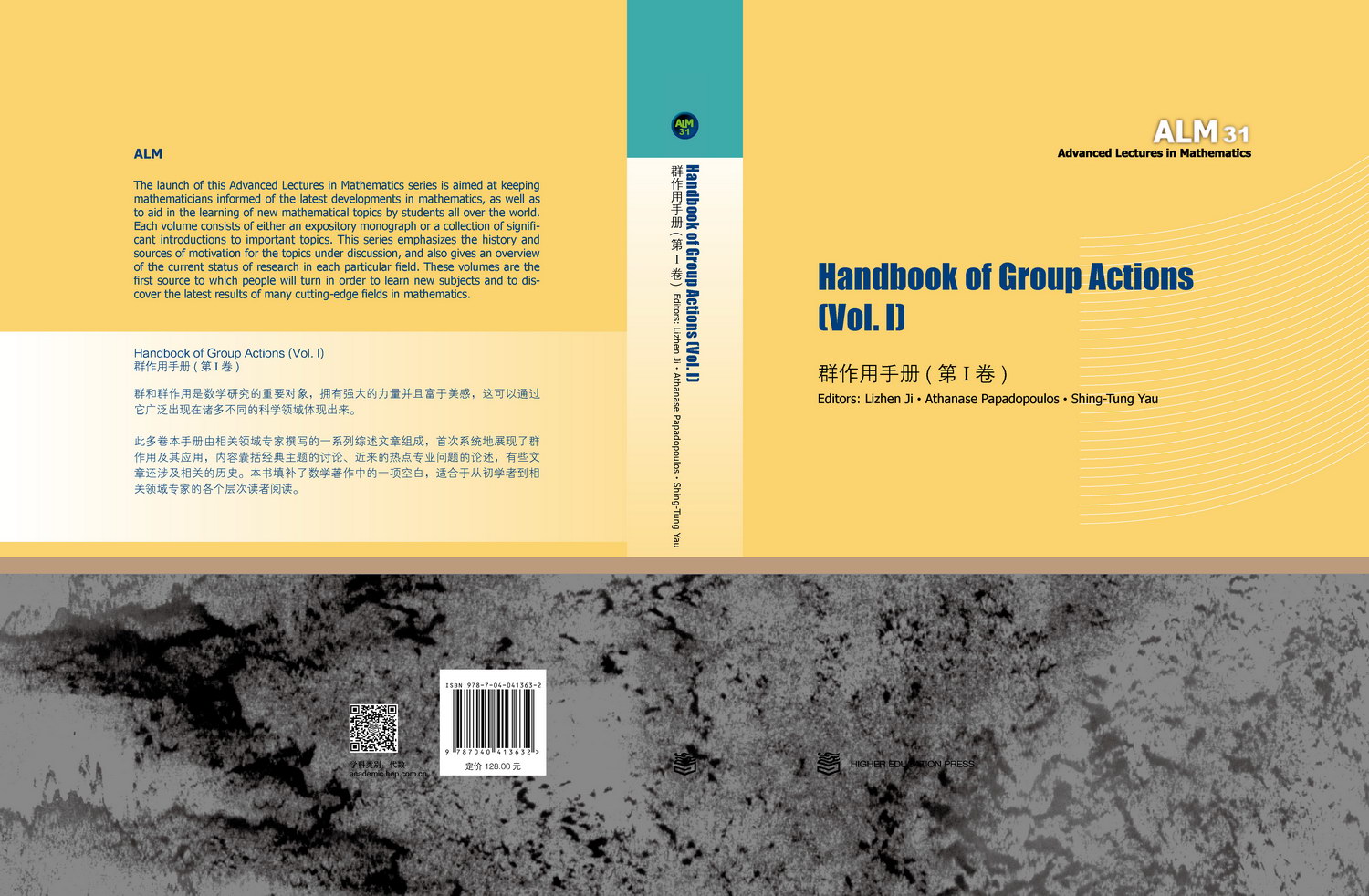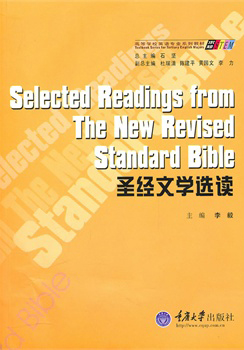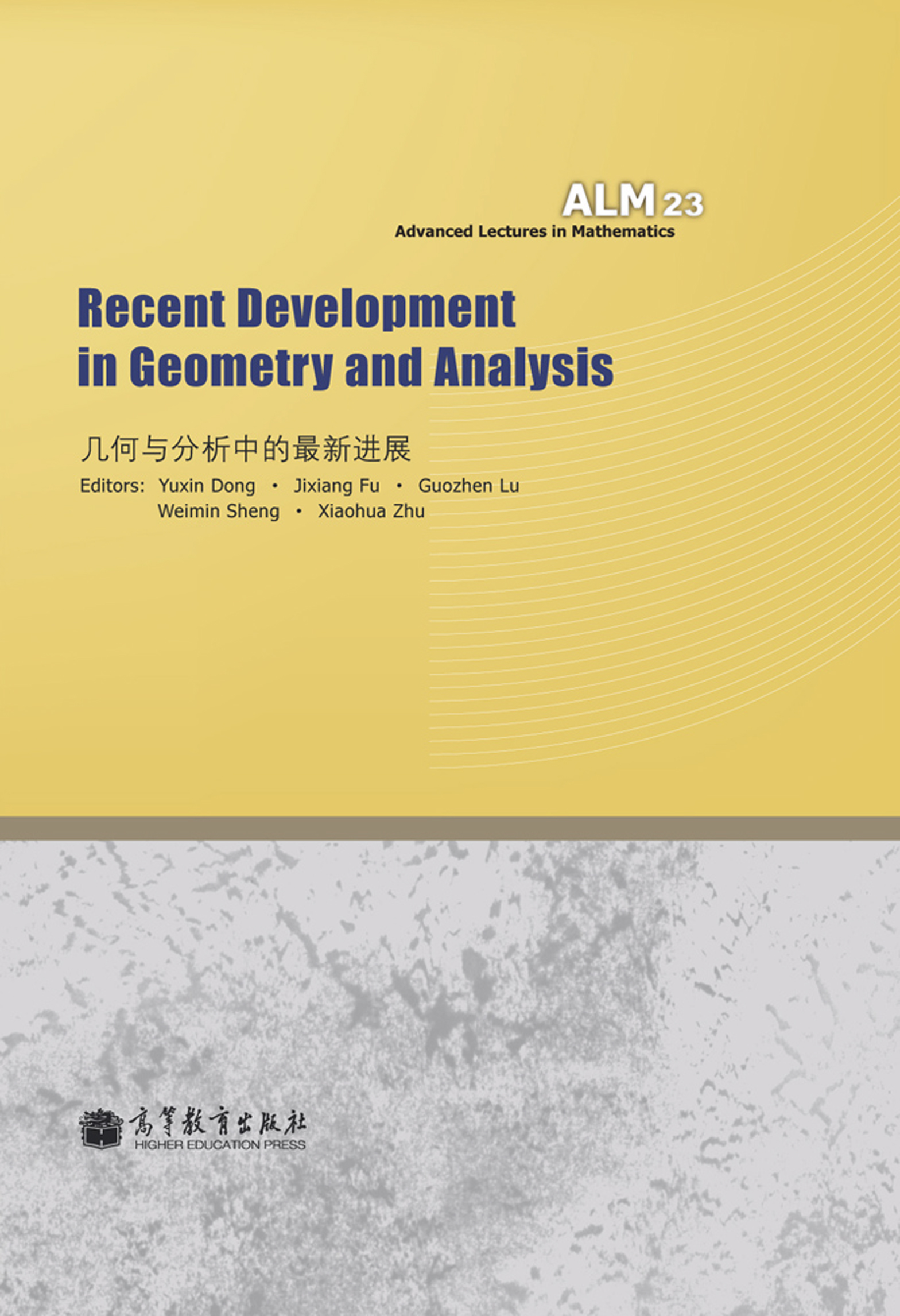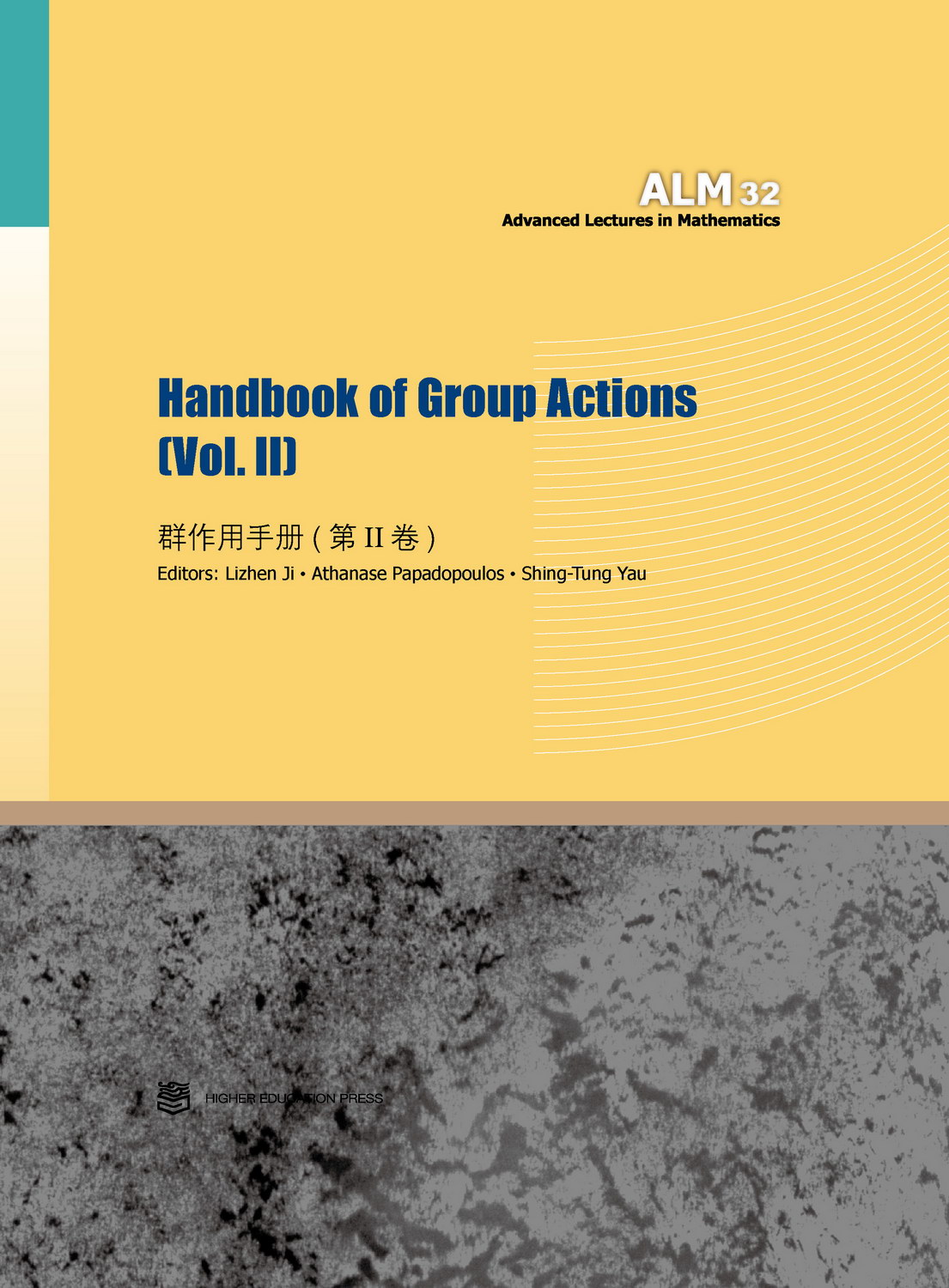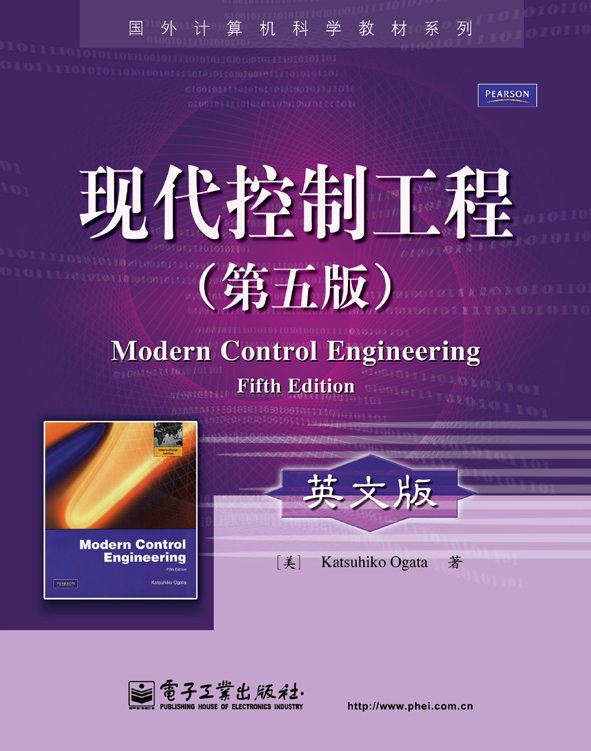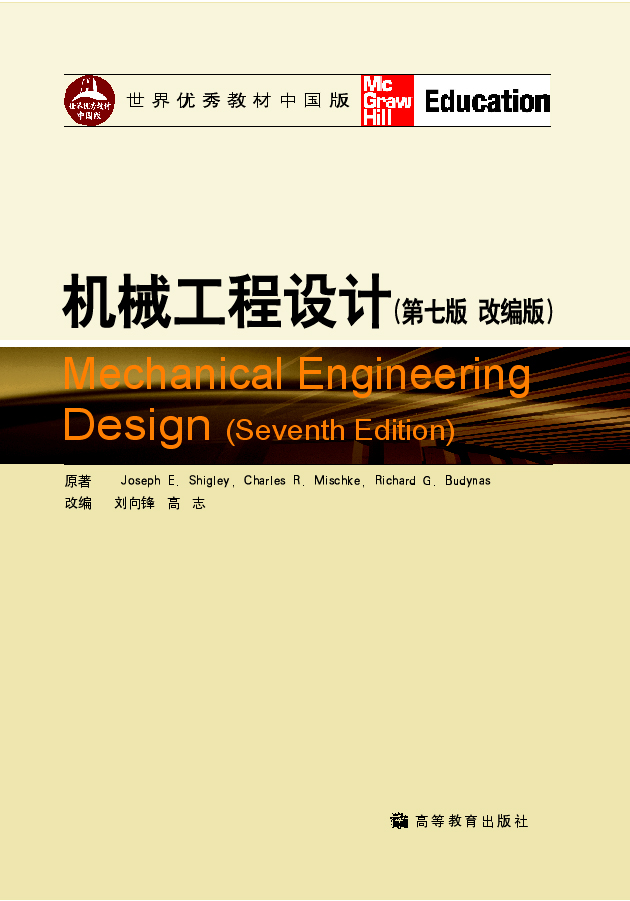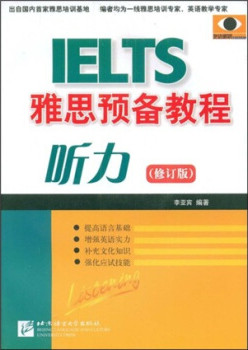群作用手册(第I卷)(英文版)
作者: Lizhen Ji等主编
出版时间:2015-01
出版社:高等教育出版社
- 高等教育出版社
- 9787040413632
- 1版
- 227543
- 46254015-4
- 精装
- 16开
- 2015-01
- 970
- 602
- 理学
- 数学
- O152
- 数学、统计类
- 本科 研究生及以上
群和群作用是数学研究的重要对象,拥有强大的力量并且富于美感,这可以通过它广泛出现在诸多不同的科学领域体现出来。
此多卷本手册由相关领域专家撰写的一系列综述文章组成,首次系统地展现了群作用及其应用,内容囊括经典主题的讨论、近来的热点专业问题的论述,有些文章还涉及相关的历史。《群作用手册(第1卷)》填补了数学著作中的一项空白,适合于从初学者到相关领域专家的各个层次读者阅读。
前辅文
Part I: Geometries and General Group Actions
Geometry of Singular Space
Shing-Tung Yau
1 The development of modern geometry that influenced ourconcept of space
2 Geometry of singular spaces
3 Geometry for Einstein equation and special holonomy group
4 The Laplacian and the construction of generalized Riemanniangeometry in terms of operators
5 Differential topology of the operator geometry
6 Inner product on tangent spaces and Hodge theory
7 Gauge groups, convergence of operator manifolds and Yang-Millstheory
8 Generalized manifolds with special holonomy groups
9 Maps, subspaces and sigmamodels
10 Noncompactmanifolds
11 Discrete spaces
12 Conclusion
13 Appendix
References
A Summary of Topics Related to Group Actions
Lizhen Ji
1 Introduction
2 Different types of groups
3 Different types of group actions
4 How do group actions arise
5 Spaces which support group actions
6 Compact transformation groups
7 Noncompact transformation groups
8 Quotient spaces of discrete group actions
9 Quotient spaces of Lie groups and algebraic group actions
10 Understanding groups via actions
11 How to make use of symmetry
12 Understanding and classifying nonlinear actions of groups
13 Applications of finite group actions in combinatorics
14 Applications in logic
15 Groups and group actions in algebra
16 Applications in analysis
17 Applications in probability
18 Applications in number theory
19 Applications in algebraic geometry
20 Applications in differential geometry
21 Applications in topology
22 Group actions and symmetry in physics
23 Group actions and symmetry in chemistry
24 Symmetry in biology and the medical sciences
25 Group actions and symmetry in material science and engineering
26 Symmetry in arts and architecture
27 Group actions and symmetry in music
28 Symmetries in chaos and fractals
29 Acknowledgements and references
References
Part II: Mapping Class Groups and Teichm¨uller Spaces Actions of Mapping Class Groups
Athanase Papadopoulos
1 Introduction
2 Rigidity and actions ofmapping class groups
3 Actions on foliations and laminations
4 Some perspectives
References
The Mapping Class Group Action on the Horofunction Compactification of Teichm¨uller Space
Weixu Su
1 Introduction
2 Background
3 Thurston’s compactification of Teichm¨uller space
4 Compactification of Teichm¨uller space by extremal length
5 Analogies between the Thurston metric and the Teichm¨uller metric
6 Detour cost and Busemann points
7 The extended mapping class group as an isometry group
8 On the classification of mapping class actions on Thurston’s metric
9 Some questions
References
Schottky Space and Teichm¨uller Disks
Frank Herrlich
1 Introduction
2 Schottky coverings
3 Schottky space
4 Schottky and Teichm¨uller space
5 Schottky space as amoduli space
6 Teichm¨uller disks
7 Veech groups
8 Horizontal cut systems
9 Teichm¨uller disks in Schottky space
References
Topological Characterization of the Asymptotically Trivial Mapping Class Group
Ege Fujikawa
1 Introduction
2 Preliminaries
3 Discontinuity of the Teichm¨uller modular group action
4 The intermediate Teichm¨uller space
5 Dynamics of the Teichm¨uller modular group
6 A fixed point theorem for the asymptotic Teichm¨uller modular group
7 Periodicity of asymptotically Teichm¨uller modular transformation
References
The Universal Teichm¨uller Space and Diffeomorphisms of the Circle with H¨older Continuous Derivatives
Katsuhiko Matsuzaki
1 Introduction
2 Quasisymmetric automorphisms of the circle
3 The universal Teichm¨uller space
4 Quasisymmetric functions on the real line
5 Symmetric automorphisms and functions
6 The small subspace
7 Diffeomorphisms of the circle with H¨older continuous derivatives
8 The Teichm¨uller space of circle diffeomorphisms
References
On the Johnson Homomorphisms of the Mapping Class Groups of urfaces
Takao Satoh
1 Introduction
2 Notation and conventions
3 Mapping class groups of surfaces
4 Johnson homomorphisms of Aut Fn
5 Johnson homomorphisms of Mg,1
6 Some other applications of the Johnson homomorphisms
Acknowledgements
References
Part III: Hyperbolic Manifolds and Locally Symmetric Spaces The Geometry and Arithmetic of Kleinian Groups
Gaven JMartin
1 Introduction
2 The volumes of hyperbolic orbifolds
3 The Margulis constant for Kleinian groups
4 The general theory
5 Basic concepts
6 Two-generator groups
7 Polynomial trace identities and inequalities
8 Arithmetic hyperbolic geometry
9 Spaces of discrete groups, p, q ∈ {3, 4, 5}
10 (p, q, r)-Kleinian groups
References
Weakly Commensurable Groups, with Applications to Differential Geometry
Gopal Prasad and Andrei SRapinchuk
1 Introduction
2 Weakly commensurable Zariski-dense subgroups
3 Results on weak commensurability of S-arithmetic groups
4 Absolutely almost simple algebraic groups having the same maximal tori
5 A finiteness result
6 Back to geometry
Acknowledgements
References
Part IV: Knot Groups
Representations of Knot Groups into SL(2,C) and Twisted Alexander Polynomials
Takayuki Morifuji
1 Introduction
2 Alexander polynomials
3 Representations of knot groups into SL(2,C)
4 Deformations of representations of knot groups
5 Twisted Alexander polynomials
6 Twisted Alexander polynomials of hyperbolic knots
Acknowledgements
References
Meridional and Non-meridional Epimorphisms between Knot Groups
Masaaki Suzuki
1 Introduction
2 Some relations on the set of knots
3 Twisted Alexander polynomial and epimorphism
4 Meridional epimorphisms
5 Non-meridional epimorphisms
6 Therelation≥ on the set of prime knots
7 Simon’s conjecture and other problems
Acknowledgements
References

